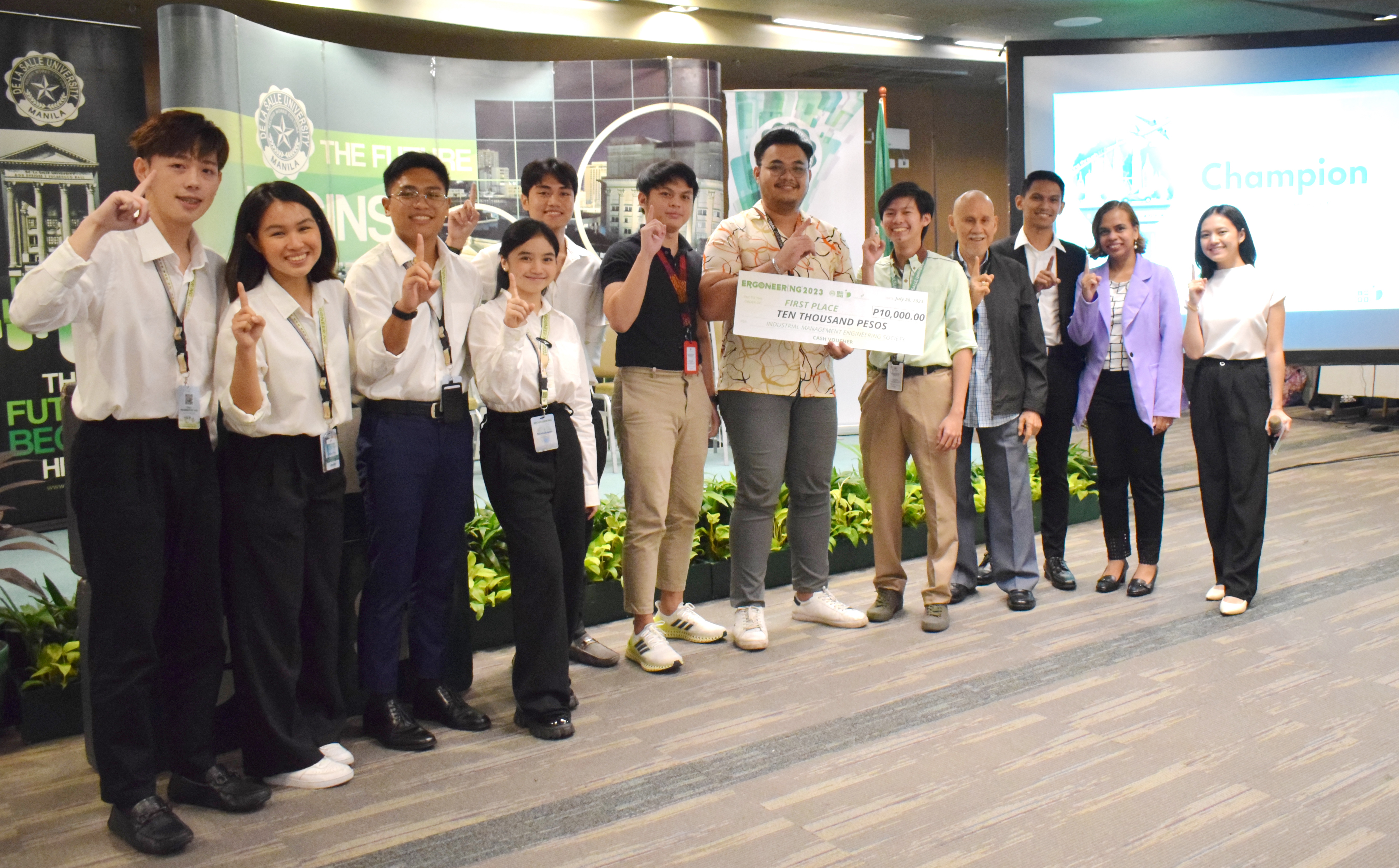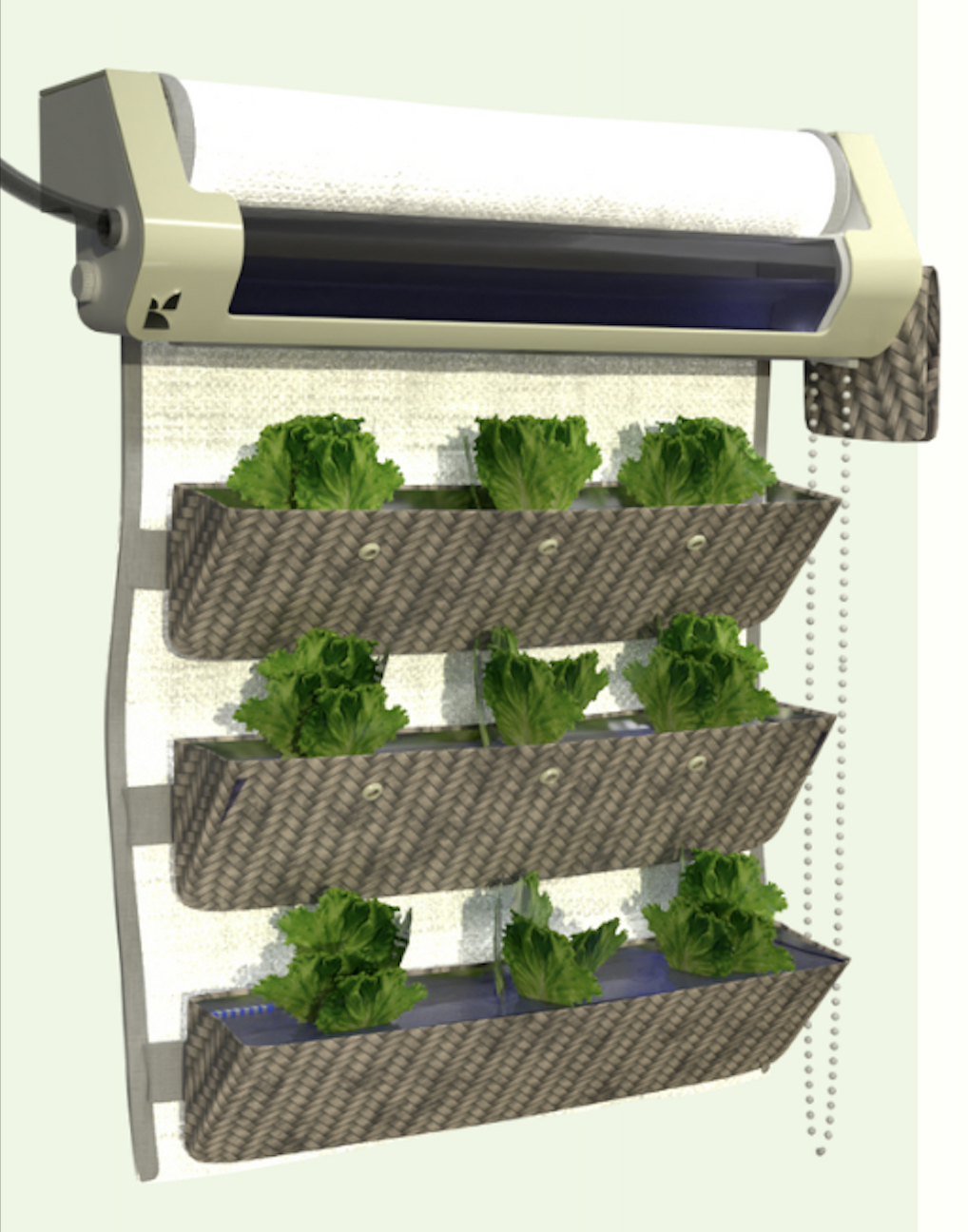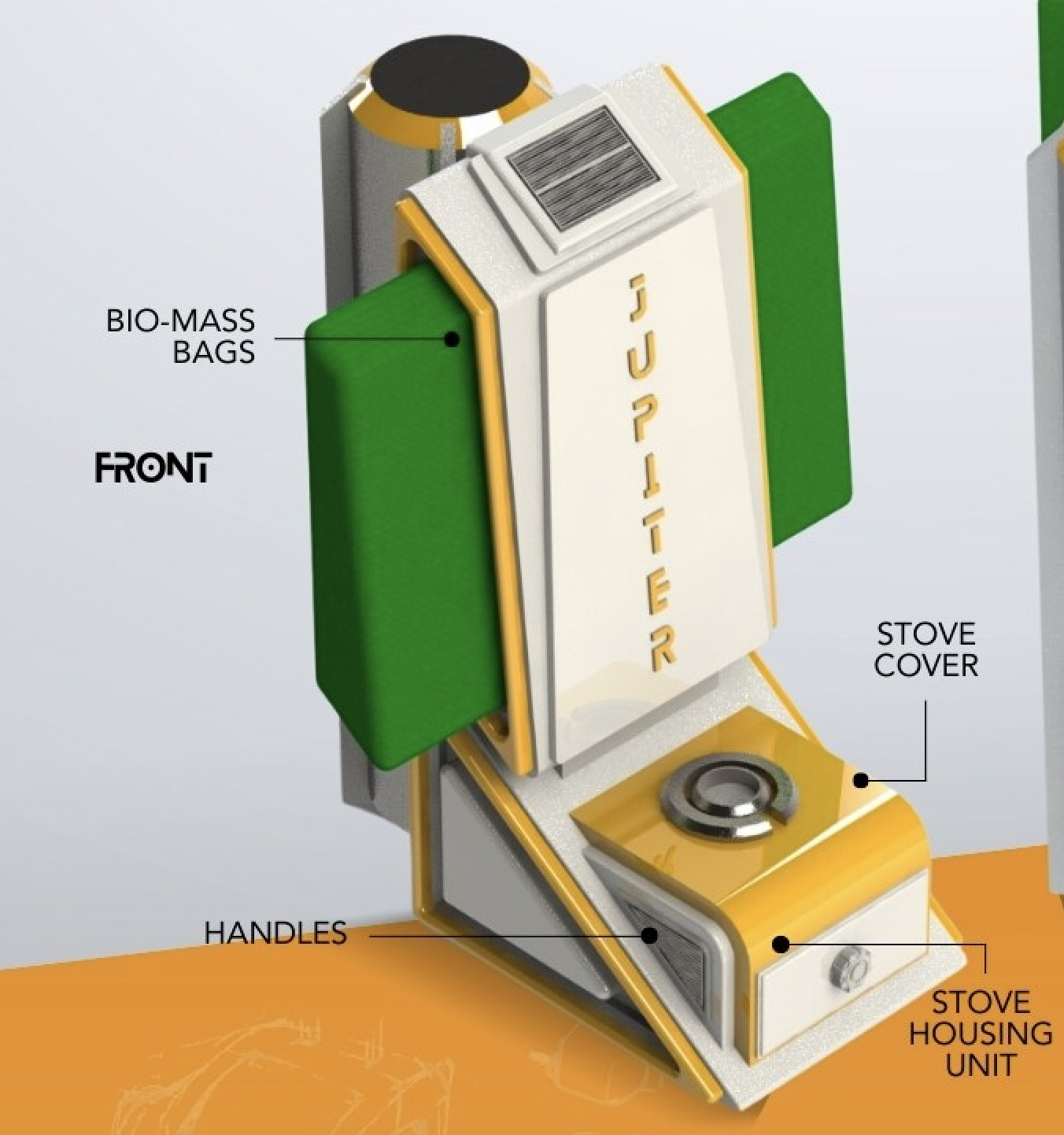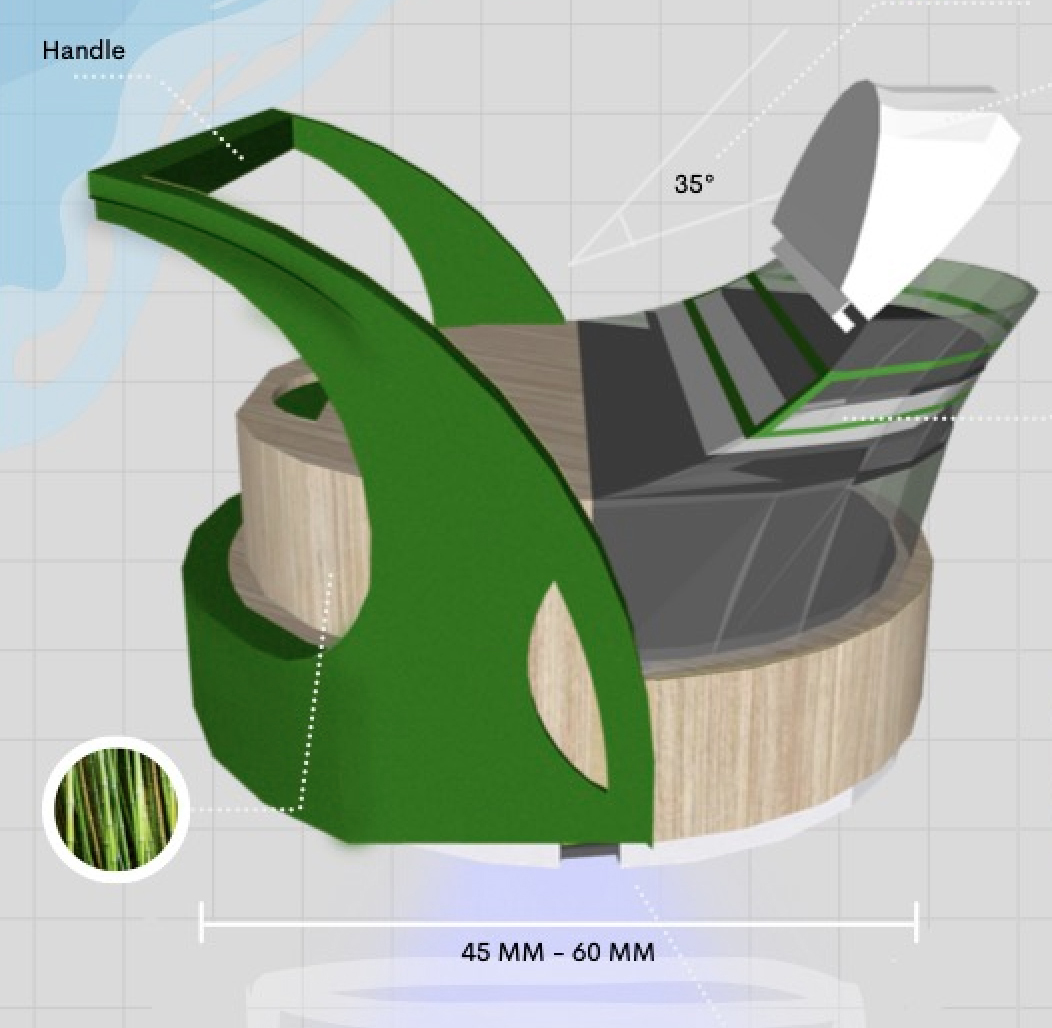Student-innovators recognized in sustainable ergonomics product design competition

The Ergoneering: GAIA Economics Product Design Competition challenged the most promising talents to conceptualize and create novel and sustainable design solutions that may revolutionize ergonomics in diverse industries.
Organized by the Industrial Management Engineering Society (IMES) of the De La Salle University (DLSU), innovators from Mapúa University, Adamson University, DLSU, and De La Salle-College of Saint Benilde (DLS-CSB), encouraged the students to imagine “econovations” to showcase their visions on a greener future.
The proposals were screened based on originality, content, and feasibility of the product design; logical flow of the submitted infographic; and social media engagement.
Glenn Hernandez, Ralph Sales, and Justin Osorio of Team Benilde’t Different were were awarded the top prize for “Cooltivate,” a wall-mounted miniature vertical hydroponics system that allows home-scale plant cultivation without soil.

“Air conditioners typically drain around five to 20 gallons of water daily in humid weather,” the students explained. “Cooltivate allows reuse of wastewater and introduces greenery in the home through hydroponics.”
With the help of sprinklers, water collected in the reservoir will continuously drip downwards to the foldable plant pockets. It likewise features an air-purifying curtain ideal for tiny living spaces as well as sensors to prevent overflow.
Team Ideation Catalysts, composed of Paolo Aquino, Aurmalouise Matriano, Joey Manalansan, Ma. Czjenn Bustamante, and Kaitlyn Rae Ong, were declared as first runner-up for "ClinCap," a revolutionary tumbler cover.
“Say goodbye to plastic bottles and embrace sustainability,” they said. “ClinCap filters out impurities and disinfects water using UV-C light, ensuring clean and safe drinking water.”
The rechargeable device is powered by a built-in filtration with absorbent and fine filter layers made from micro-cellulosic plant-based fibers. It was developed with comfort and convenience in mind and comes with an anti-leak silicon.
Al-nair Zambrano, Bhea Mallari, John Dence Flores, Viven Dazo, and Alex Estorque of Team Golden Ratio were declared as second runner-up for “Jupiter,” a mobile composting unit that produces biogas through digestion of food wastage.

“About 1,717 metric tons of food are wasted daily in the Philippines, releasing significant methane emissions that trap heat in the atmosphere,” they explained. “To divert food waste from landfills and slow down climate change, methane can be harnessed as an alternative energy source to produce biogas.”
The unit comes with biomass bags, a methane tank, and a stove unit. It can be used for two to three hours of cooking both indoors and outdoors.
The three groups from the Industrial Design Program of Benilde School of Environment and Design (SED) got the top three spots.

The jury of experts were composed of Collins Aerospace project engineer Gerry Lucenas, DLSU Animo Labs Executive Director Federico Gonzalez, and Sustainable Alternative Lighting Corp. (SALt) CEO, De La Salle Lipa (DLSL) Nexus Fabrication Laboratory overseer, and DLSL College of Information Technology and Engineering lecturer Aisa Mijeno-Labastilla.
Prior to the competition, the event featured a series of talks on engineering and ergonomics headlined by award-winning researcher Dr. Mariano Ramirez, the director and senior lecturer for the Industrial Design Program of the University of New South Wales (UNSW) in Sydney, Australia. He likewise served as the chairperson of the Benilde Industrial Design Program from 1994 to 2001 and as a senior industrial design specialist for the Product Development and Design Center of the Philippines.